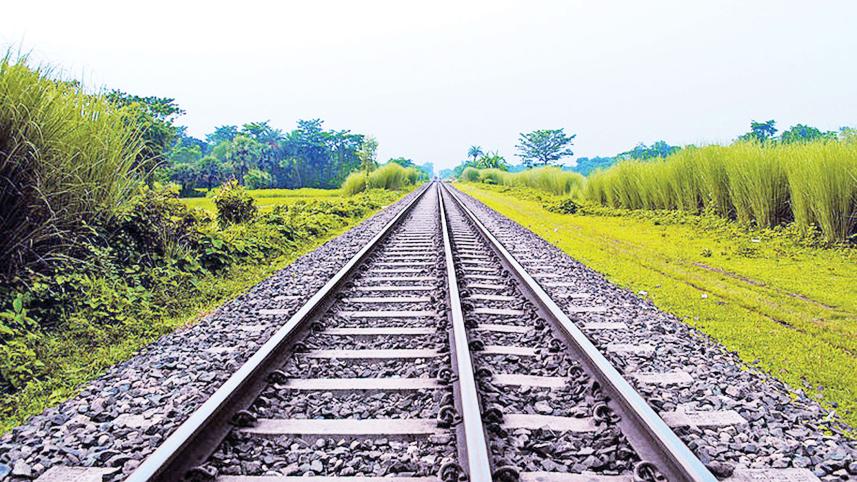How many more projects will be delayed?

Only two days ago, we wrote in these columns about how time and cost overruns have become the norm in our development projects, wasting crucial time and public resources, and hampering the completion of an unacceptably large number of such projects. Today, we are again forced to express our disappointment at yet another case of such delays.
According to a report in this daily, more than two and a half years ago, the Bangladesh Railway (BR) authorities launched a project to carry out a Tk 9.88 crore feasibility study to connect Sunamganj district headquarters to the railway network. The study was supposed to be finished in October 2020, but was extended till June this year. However, only one-fourth of the work was done by August, and now the deadline has been extended once again—till June next year.
This goes not only against the guidelines of the planning ministry, but that of the prime minister, who earlier this year instructed relevant authorities to take legal action against those responsible for flawed project designs that push up costs. In a 2019 report, the planning ministry pointed out that most ministries prepared projects without proper feasibility studies and technical designs. In Chattogram, we witnessed the repercussions of such negligence and irregularities when four people died this year after falling into open drains—a result of poor planning and faulty feasibility study of a megaproject that, instead of improving the port city's drainage system, has arguably made it worse.
Given how important such preparatory works are for infrastructure projects, it is extremely concerning that the railway authorities failed to finish their feasibility study even after an extension. What will be the risks and repercussions of rushing to finish it by June 2022? And why, despite the project being approved in January 2019, did the railway authorities only sign a contract with a firm for this work a year and a half later? Of the 37 projects the Bangladesh Railway is currently working on, 26 have been revised at least once, and four were taken up at least a decade ago but remain unfinished.
The government's own guidelines from 2016 say that a feasibility study project can be revised only once, and if that raises costs by more than 15 percent, permission from the planning minister is required. However, so far, we have witnessed a completely relaxed attitude from government officials in breaking such rules. This can no longer be allowed. Those responsible for project delays must be held to account. Going forward, there is no alternative to accountability if this culture of delay in publicly funded projects is ever to see any change.



 For all latest news, follow The Daily Star's Google News channel.
For all latest news, follow The Daily Star's Google News channel.
Comments